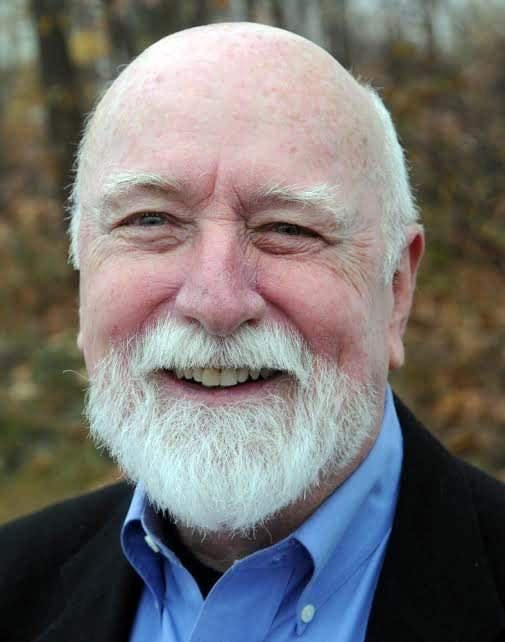The Observer: A New Year's resolution for everyone
So much of the media to which I have been exposed in recent years is basically doom and gloom. It’s not just news outlets where negativity dominates. Social media are also steeped in critique and snark, attack and misery. It’s a new year, a time for hearts and minds to be uplifted; yet finding positive news remains challenging. Maybe it’s always been that way, but does it have to be?
Why do stories from the country’s news outlets always focus on tragedy and misfortune? One possibility, of course, is that the world really is going to hell in a handbasket, but I’m not persuaded. Compared to what? Pearl Harbor, December 7, 1941?

I’m guessing, instead, that bad news (“if it bleeds, it leads”) dominates because there is a market for it. Maybe we like our news to match our foul mood. We’ve been a pretty grumpy country since COVID-19. Time to turn the page.
A March 24, 2021, article in the New York Times identified a uniquely U.S. bias to news about the COVID-19 virus. David Leonhardt writes: “The coverage by U.S. publications with a national audience has been much more negative than coverage by any other source…”
It is not just stories about COVID that expose the negative bias of the news. COVID-19 itself continues to affect the national state of mind. Earlier this month (December 6, 2023), David Wallace-Wells articulated this thought in the New York Times: "Why Is It a Surprise That America Is Gloomy After a Devastating Pandemic?”
Wallace-Wells observes that the pandemic “not only killed more than a million Americans but also threw much of daily life and economic activity and public confidence into profound disarray for several years, scarring a lot of people and their perceptions of the country, its capacities and its future.”
This made me realize that the country may be suffering from COVID-induced PTSD. Think back to the dark and uncertain days of 2020; the masking, the social isolation, the uncertainty about what to do and when it would end. In fact, COVID is surging again now.
The psychiatric community understands that traumatic events can leave a trail of mental health consequences for individuals who experience or witness them. According to the Mayo Clinic, symptoms of PTSD include: “negative thoughts about yourself, other people or the world… as well as hopelessness about the future.”
And, of course, COVID is not the only trauma we’ve experienced.
Imagine the harm that has been done to survivors of the October 25 Lewiston shootings or to Palestinian and Israeli children who have witnessed violence and death daily since October 7. People can survive physical injury and still be emotionally traumatized by it.
Experts at the Mayo Clinic tell us there are four different types of PTSD symptoms: “intrusive memories, avoidance, negative changes in thinking and mood, and changes in physical and emotional reactions.” They also say that symptoms can change as time goes by and can vary from one individual to another.
There do seem to be a lot of PTSD symptoms going around; especially the negative thinking. Pick a leading story from your newsfeed: Gaza, Ukraine, any of a number of mass shootings, Congressional dysfunction, the ugly presidential politics, evolving COVID variants, etc. We have to find a way to receive bad news and not allow it to cripple us emotionally. It’s tricky.
PTSD makes it difficult to maintain close relationships yet connections to others are what will help people put their anxieties behind them. It also can make people feel detached from family and friends, and attachment is just what those suffering from PTSD need. Being linked with others helps but the current political climate means we are assailed by divisions and contradictory versions of reality that undermine human connections.
So, here we are on the verge of a new year, a time when a lot of people make resolutions to change things up. Here is a suggestion: let’s treat our cultural PTSD by addressing our own personal symptoms of PTSD. Let’s spend less time obsessing about how bad things are. Let’s take more time with family and friends. Let’s stop the critique, the attack, the snark. Let’s designate ourselves optimists for the new year. Let’s have a mentally healthier New Year.
Ron McAllister is a sociologist and writer who lives in York.
This article originally appeared on Portsmouth Herald: The Observer: A New Year's resolution for everyone
